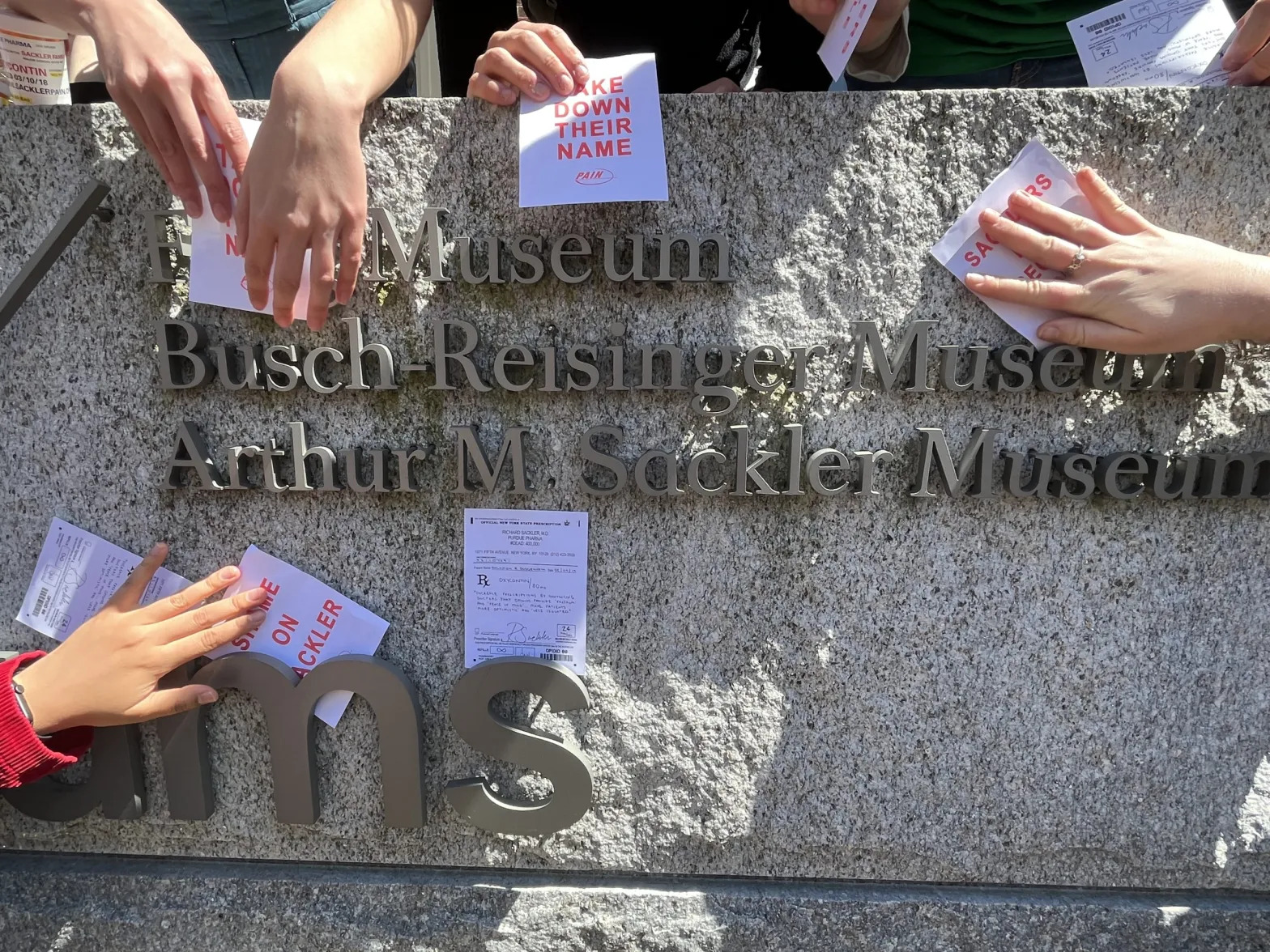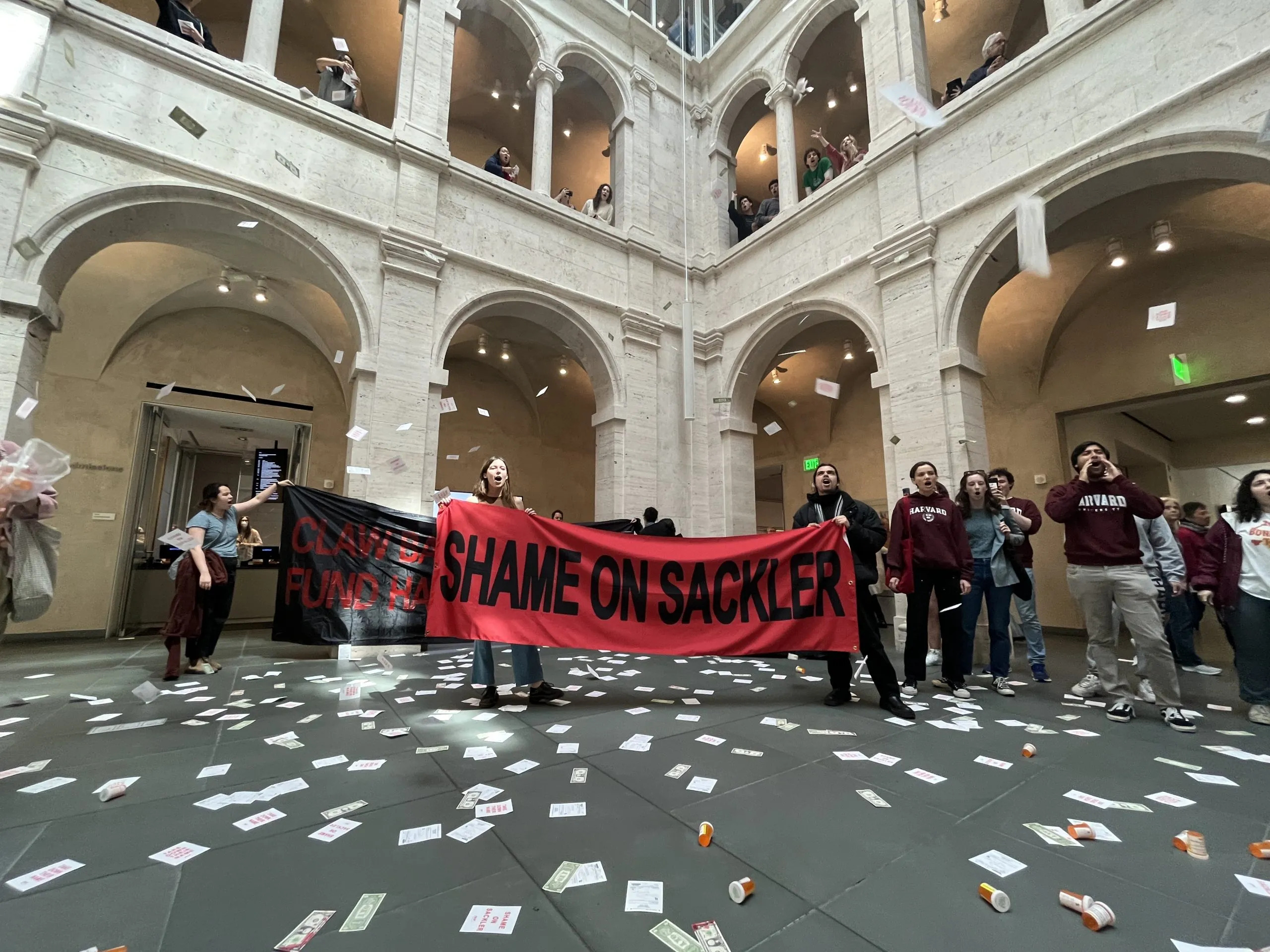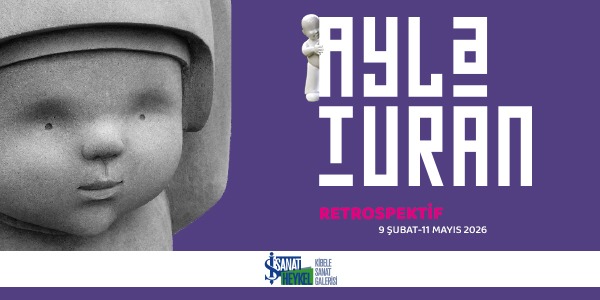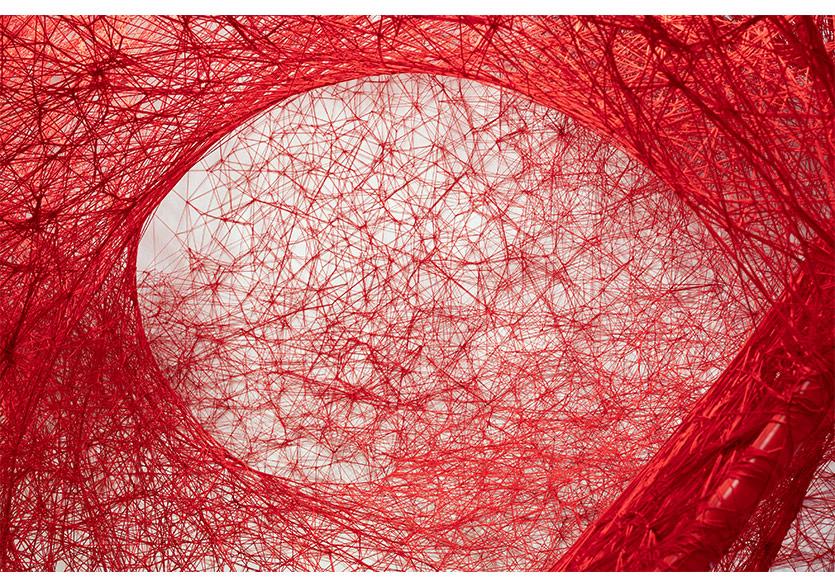Harvard University has decided not to remove Arthur M. Sackler’s name is from two campus buildings, despite ongoing pressure from students and activists highlighting Sackler’s connection to the opioid crisis through Purdue Pharma.
A recent update from a Harvard review committee rejected a 23-page proposal submitted in October 2022 by Harvard College Overdose Prevention and Education Students, which called for the removal of the Arthur M. Sackler name from both a museum and a campus building.
The original proposal, as reported by the Harvard Crimson, argued that the Sackler name is “deeply tied to the opioid epidemic.” It went on to add: “To many of us – students, staff, and faculty – it is unacceptable and deeply offensive that we are represented by the Sackler name … It is embarrassing and unsettling to know that our school, unlike almost every other cultural and educational institution that at one point displayed the Sackler name, has decided to keep the name, despite the message of disrespect that it sends to our community and to the world.”

The Sackler family owned and operated Purdue Pharma, the company that formerly manufactured OxyContin. This prescription painkiller has been a key factor in the devastating opioid epidemic in the U.S., which has resulted in over 500,000 overdose deaths in the past two decades.
Explaining its decision to keep the Sackler name, the Harvard review committee wrote: “Informed by research and review of relevant literature, the committee found that while Arthur M Sackler’s legacy is complex and debatable, the petition did not meet the standard for denaming under Harvard’s procedures for handling denaming requests.”
While Arthur Sackler passed away in 1987, prior to Purdue Pharma’s aggressive marketing and widespread distribution of OxyContin, critics argue that his earlier actions contributed to the harmful practices that later fueled the epidemic.
Still, the committee said it was “not persuaded by the proposal’s arguments that denaming is appropriate because Arthur Sackler’s name is tainted by association with other members of the Sackler family, or because Arthur Sackler shares responsibility for the opioid crisis due to his having developed aggressive pharmaceutical marketing techniques that others misused after his death”.
The Harvard Corporation, the university’s top governing body, has accepted the committee’s recommendation, as reported by the Harvard Crimson this week.
Following this decision, the anti-opioid group Prescription Addiction Intervention Now (PAIN) criticized Harvard, stating, according to the Associated Press, that “Harvard’s continued embrace of the Sackler name is an insult to overdose victims and their families.”
Harvard’s decision contrasts with actions taken by various institutions globally, such as Tufts University in Massachusetts, the Metropolitan Museum of Art and the Guggenheim in New York, the Louvre in Paris, and Tate Modern and Tate Britain in London, all of which have removed Sackler-named programs or signage.










